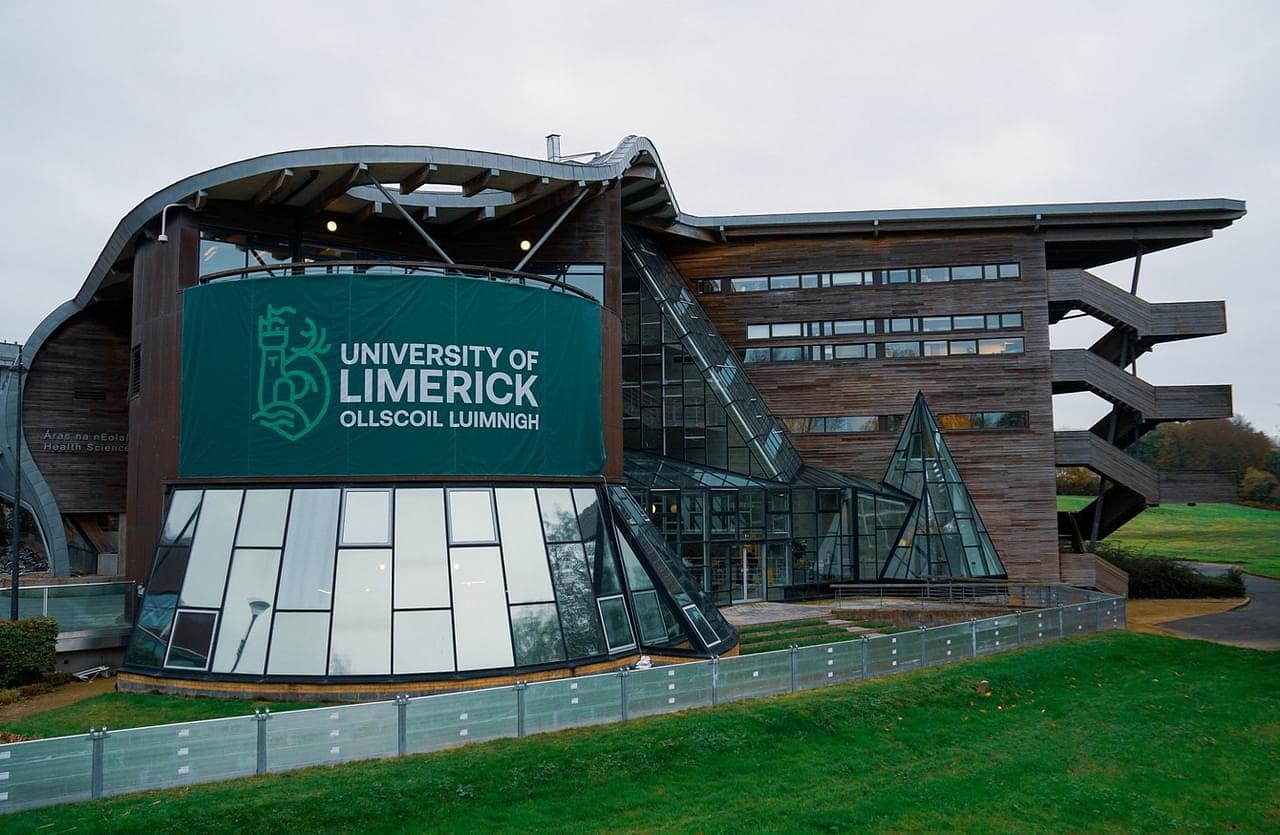Mathematical Modelling MSc at University of Limerick
Limerick, Ireland
- Tuition Fee € 20,800
- Country Rank-
- Duration12 Months
- Score IELTS: 6.5 TOEFL: 90
Program Overview
This course will provide training in techniques of applied mathematics, and will focus largely on mathematical models of real world processes, their formulation in terms of differential equations, and methods of solutions, both numerical and analytical, of the models. A focus of the course will be an emphasis on practical problems which arise in industry, commerce, medicine, as well as the environmental and life sciences. In particular, there will be a close alliance between the course and research problems in industrial applied mathematics, which is a principal research strand underpinning MACSI research.
Programme Aims:
- To provide a first year of intensive taught courses as part of a structured graduate programme for MACSI postgraduates and to enable graduates of engineering and other disciplines to redirect their training towards mathematical modelling.
Cost Of Studying At University of Limerick
Interest rates as low as 8.9% *
250K+
Students Assisted
800Cr+
Loan Amount Disbursed
5000+
Loans Sanctioned
Check Loan Eligibility
Powered by
